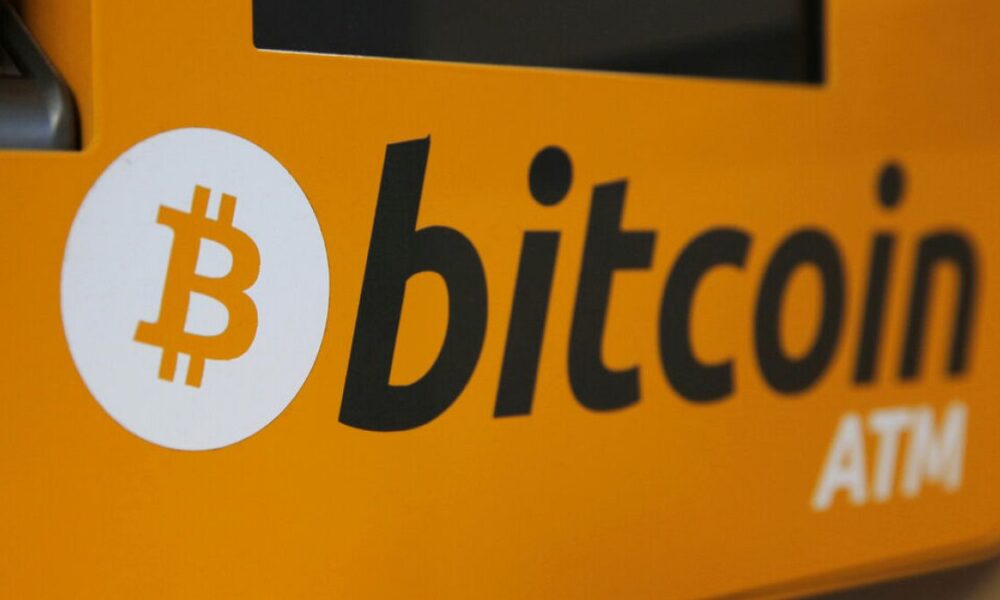Bitcoin
Germany’s sale of seized Bitcoin could be driving BTC prices down further

The German government seized a quantity of the cryptocurrency Bitcoin from Movie2K, a movie piracy website, in January. Since it began selling the confiscated bitcoin, prices have fallen by 15%, with some fearing the decline could continue.
ANNOUNCEMENT
Germany may be contributing to Bitcoin’s recent decline, with the government revealing that it has begun auctioning off approximately €2.5 billion worth of bitcoins it seized earlier this year from Movie2K, a now-defunct pirated movie website.
The size of this sell-off has led to an unexpected influx of bitcoin into the market, contributing to the price drop in recent weeks. Germany currently ranks fourth on the list of countries that officially hold bitcoin, followed by the US, China and the UK.
The German government seized nearly 50,000 bitcoins stored in a digital wallet owned by Movie2k in January, believed to be one of the largest seizures of its kind in Germany.
Proceeds from the German government auction are expected to go to the state of Saxony, leading to the cryptocurrency haul being dubbed the “Saxon treasure.”
The price of Bitcoin has already fallen by more than 15% since the beginning of June and is currently trading at $57,612.92 (€53,233.76). Germany began selling this batch in early June, however, it still has around $1.9 billion worth of cryptocurrency, or about 32,488 bitcoins waiting to be sold.
This has led to growing speculation among traders and cryptocurrency enthusiasts that Bitcoin prices could still fall as the remaining value hits the market.
German government criticized for failing to retain seized Bitcoin
Since the German government revealed that it was selling the confiscated Bitcoin, it has also faced significant backlash from critics and government insiders who believe the move may be hasty or short-sighted.
Germany has also been urged to keep cryptocurrency as an economic reserve for the future, given that an increasing number of global transactions are now being made using a variety of cryptocurrencies. Furthermore, critics believe that this could be the perfect chance for the country to further develop its cryptocurrency strategy on a global basis and leverage transportation.
Other countries, such as El Salvador, have already taken the lead in this, having made Bitcoin legal tender in 2021. However, several other countries, such as the UK and the US, have only recently stumbled upon large amounts of the cryptocurrency in recent raids and investigations. Furthermore, these countries have not made many concrete moves to embrace the cryptocurrency, aside from the US recently approving spot Bitcoin exchange-traded funds (ETFs).
In several other countries, including Morocco, China, Egypt and Bangladesh, cryptocurrencies remain banned.
